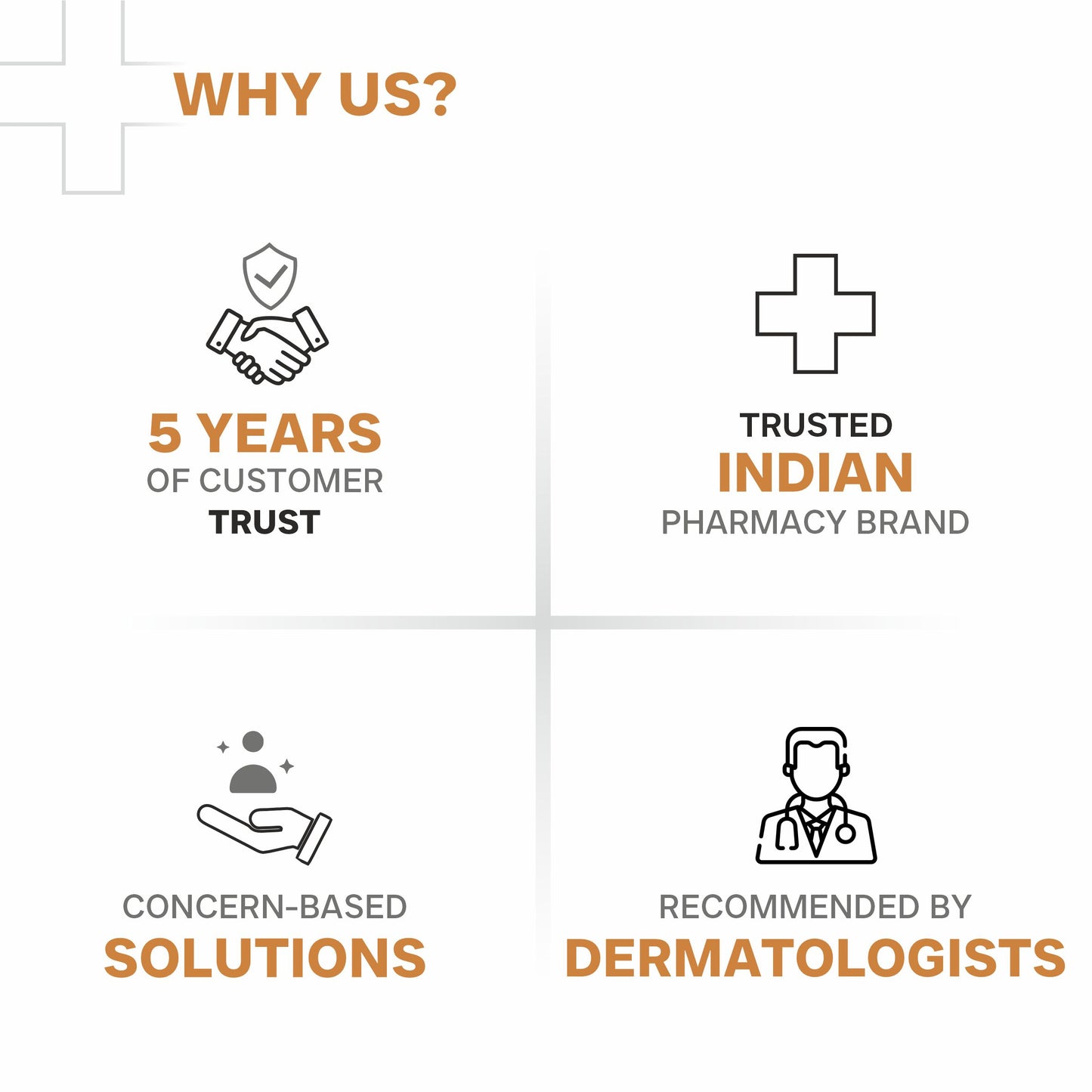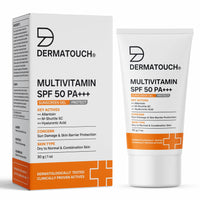











Science Behind the Glow

Kojic Acid

Niacinamide

Lactic Acid

SymRadiance® 399

43% Less Melanin in 4 Weeks

68% Brighter Tone

24% Smoother Texture

36% Higher Radiance

Step 1:

Step 2:

Note

When to Use

Know Before You Glow
Dermatologist-Tested | Clinically Proven Actives | Gentle, Non-Irritating
Patch test recommended before regular use
- Keep away from children.
- This product contains natural ingredients and may change in colour and fragrance/odour without losing its effectiveness.
- Patch test is recommended before use.
- Store in a cool and dry place away from direct sunlight below 30°. (Do not freeze)
Available On































